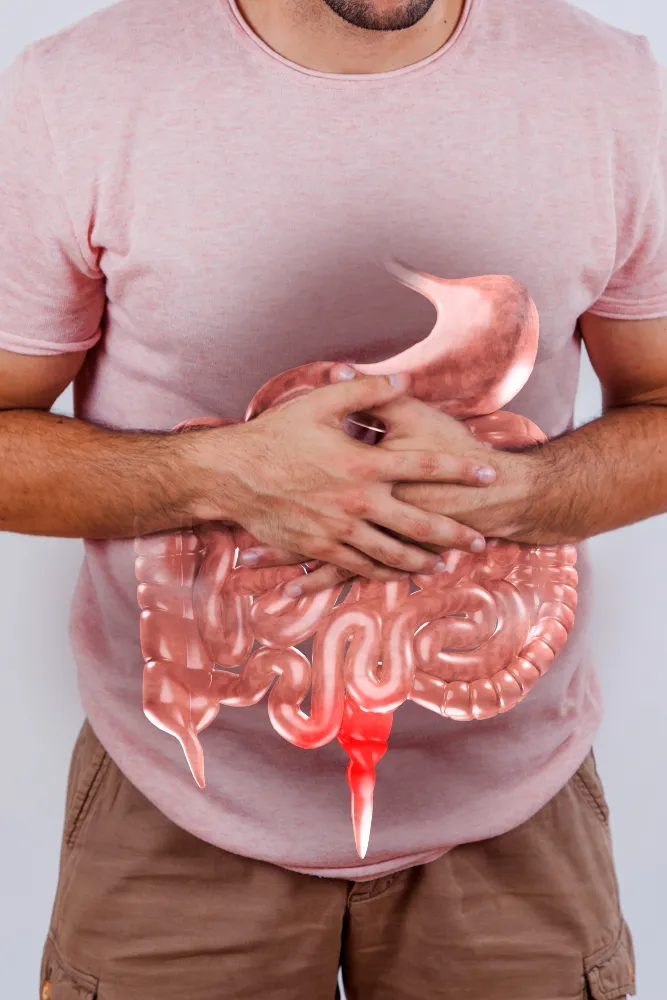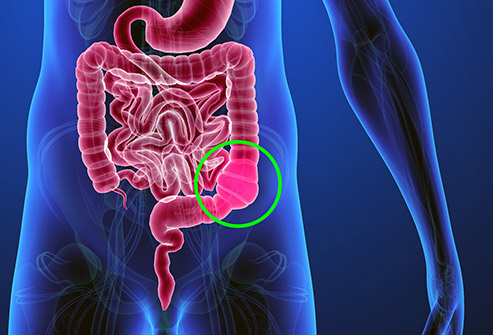
Colon cancer is a type of cancer that begins in the large intestine (colon) and rectum. It is the third most common cancer in both men and women in the United States, and the second leading cause of cancer-related deaths. The American Cancer Society estimates that in 2021, there will be about 147,950 new cases of colon cancer and about 53,200 deaths from the disease. Colon cancer treatment typically involves a combination of surgery, chemotherapy, radiation therapy, targeted therapy, and immunotherapy, tailored to the individual patient’s stage and specific characteristics of the cancer. Early detection through screening significantly improves treatment outcomes and survival rates.
There are several known risk factors for colon cancer, including:


Screening for colon cancer is important because it can help detect the cancer at an early stage, when it is most treatable. The American Cancer Society recommends that people at average risk of colon cancer start regular screening at age 45. However, if you have a family history of colon cancer or other risk factors, your doctor may recommend starting screening earlier.
If a polyp or tumor is found during a screening test, a biopsy will be done to confirm the diagnosis.
Colon cancer is a serious disease that affects thousands of people each year. However, with regular screening, a healthy lifestyle, and appropriate treatment, many cases of colon cancer can be prevented or treated effectively. It is important to be aware of your risk factors, to know the signs and symptoms, and to speak with your doctor about the appropriate screening schedule.
Colon Cancer is treated through comprehensive approaches, including surgery, chemotherapy, and targeted therapy in Indore.
Dr. Nilesh Dehariya is a distinguished specialist in Colon Cancer treatment in Indore.
Advanced Colorectal Cancer Treatment is available under the expertise of Dr. Nilesh Dehariya.
Yes, Dr. Nilesh Dehariya’s clinic specializes in providing advanced Colorectal Cancer Treatment in Indore.
Call 9522155565 to book an appointment with our expert for Colon Cancer treatment in Indore.